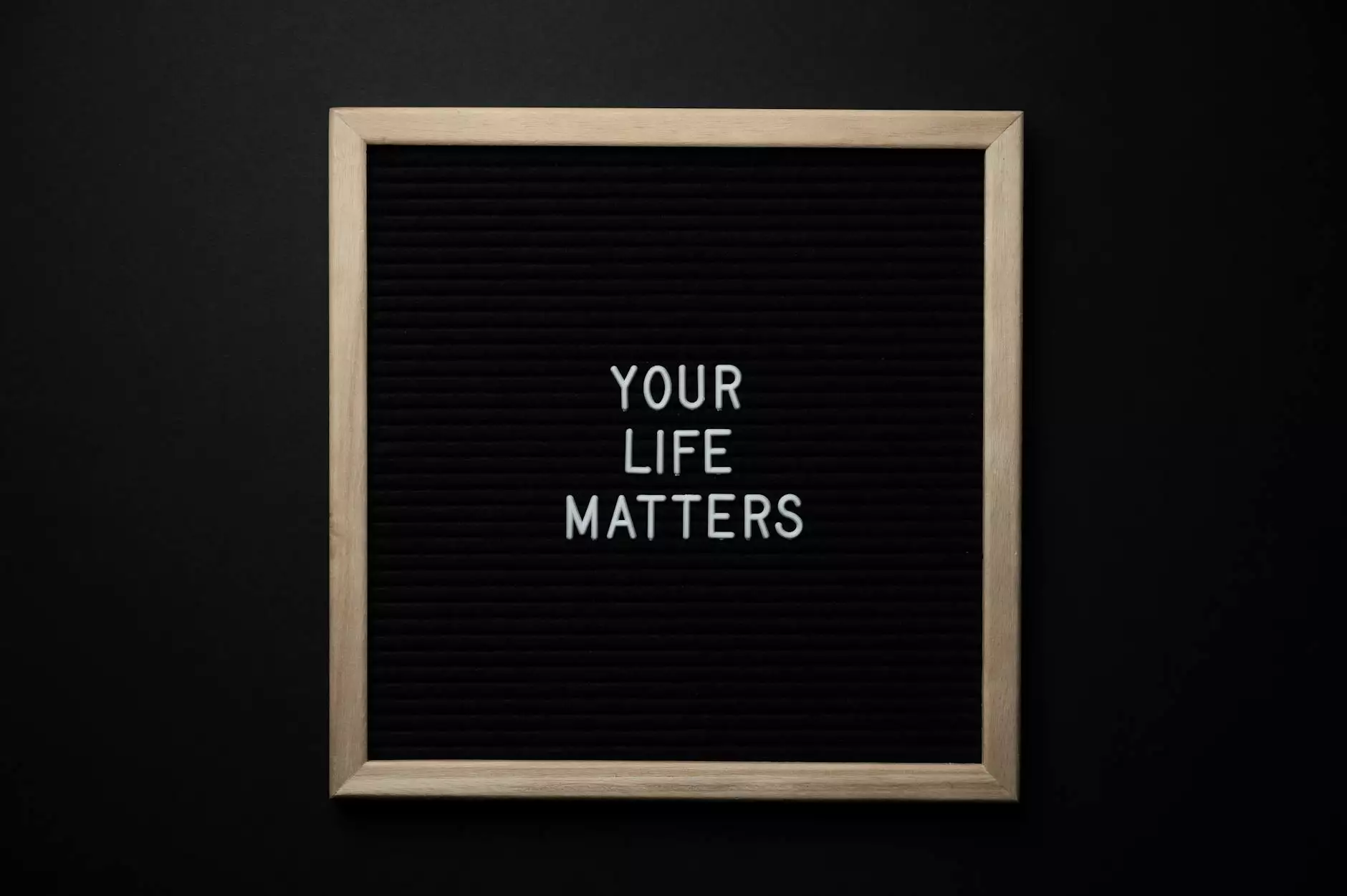When Will This Fall Off My Credit Report?
Financials & Reports
Understanding the Credit Reporting System
Welcome to Social Service of America! As a trusted authority in the field of credit reporting and improvement, we are here to provide you with valuable information regarding the duration of certain items on your credit report.
Credit reports play a crucial role in determining your financial health and ability to secure loans or credit. They contain detailed information about your borrowing activities, including your payment history, outstanding debts, and various financial transactions. Understanding what items are on your credit report and how long they will remain there is essential for managing your overall creditworthiness.
Common Items on a Credit Report
Credit reports typically include various items, such as:
- Payment history
- Credit card balances
- Loan accounts
- Collections accounts
- Bankruptcies, foreclosures, and repossessions
- Tax liens
Each of these items has its own duration on your credit report, and understanding them will help you make informed financial decisions. Let's dive into the specific timelines for some of these common items.
Duration of Items on Your Credit Report
Payment History: The Foundation
Your payment history is a crucial factor that lenders consider when assessing your creditworthiness. It includes details about your past and current credit accounts, such as credit cards, mortgages, and loans. Positive payment history, such as timely payments, can stay on your credit report indefinitely, showcasing your responsible financial behavior.
However, negative payment history, such as late payments or defaults, can tarnish your credit report. In general, late payments may stay on your credit report for up to seven years from the date of delinquency. It's important to note that the impact of these negative marks on your credit score gradually diminishes over time.
Credit Card Balances: Managing Your Utilization
Credit card balances reflect the amount of credit you have utilized compared to your credit limit. It's advisable to keep your credit card balances low and well below the credit limit to maintain a healthy credit score. Fortunately, unlike payment history, credit card balances are typically not reported separately on your credit report.
However, missed payments or high credit card balances can indirectly affect your credit score. As mentioned earlier, late payments can contribute to negative payment history, while carrying high credit card balances can increase your credit utilization ratio, which may lower your credit score. By consistently making on-time payments and keeping credit card balances low, you can optimize your credit report and improve your creditworthiness.
Loan Accounts: Balancing Act
Loan accounts, such as mortgages, auto loans, or personal loans, are typically reported on your credit report for the duration of the loan term. For example, if you have a 30-year mortgage, it will likely appear on your credit report for the entire loan period. This is true for other types of loans as well.
It's crucial to maintain a good payment history and manage your loan accounts responsibly throughout their term. Any negative marks, such as late payments or defaults, can hamper your credit report and potentially affect your ability to secure future loans or credit.
Collections Accounts: Dealing with Past Delinquencies
Collections accounts are created when you fail to pay your debts and they are transferred to a collection agency. These negative marks can significantly impact your credit report, as they indicate past delinquencies.
Typically, collections accounts can stay on your credit report for up to seven years from the date of the original delinquency. However, it's important to remember that paying off a collections account doesn't automatically remove it from your credit report. Instead, it will be updated to reflect a $0 balance, but the account history might remain.
Bankruptcies, Foreclosures, and Repossessions: Long-lasting Consequences
Bankruptcies, foreclosures, and repossessions are serious events that can have long-lasting consequences on your credit report. These events will appear on your credit report for several years and can significantly impact your creditworthiness.
Bankruptcies can typically stay on your credit report for up to ten years from the filing date, while foreclosures and repossessions may remain for seven years. It's important to rebuild your credit by establishing a positive payment history and making wise financial decisions after such events to mitigate their impact on your creditworthiness.
Tax Liens: Time for Resolution
Tax liens represent unpaid state or federal taxes and can have severe consequences for your credit report. They indicate your failure to fulfill tax payment obligations and can negatively impact your creditworthiness.
In most cases, tax liens can stay on your credit report for up to seven years from the date they are paid or released. It's crucial to resolve any tax liens promptly and work towards improving your credit report through responsible financial management.
Work with Social Service of America to Improve Your Credit
Your credit report is a reflection of your financial history and can significantly impact your ability to secure future loans or credit. At Social Service of America, we are dedicated to helping individuals and communities improve their creditworthiness.
Our comprehensive services include credit counseling, debt management, and financial education. Whether you need assistance in understanding your credit report, resolving outstanding debts, or rebuilding your credit after financial hardships, our experienced team is here to guide you every step of the way.
Contact Social Service of America today to schedule a consultation and discover how we can empower you to achieve financial success.




